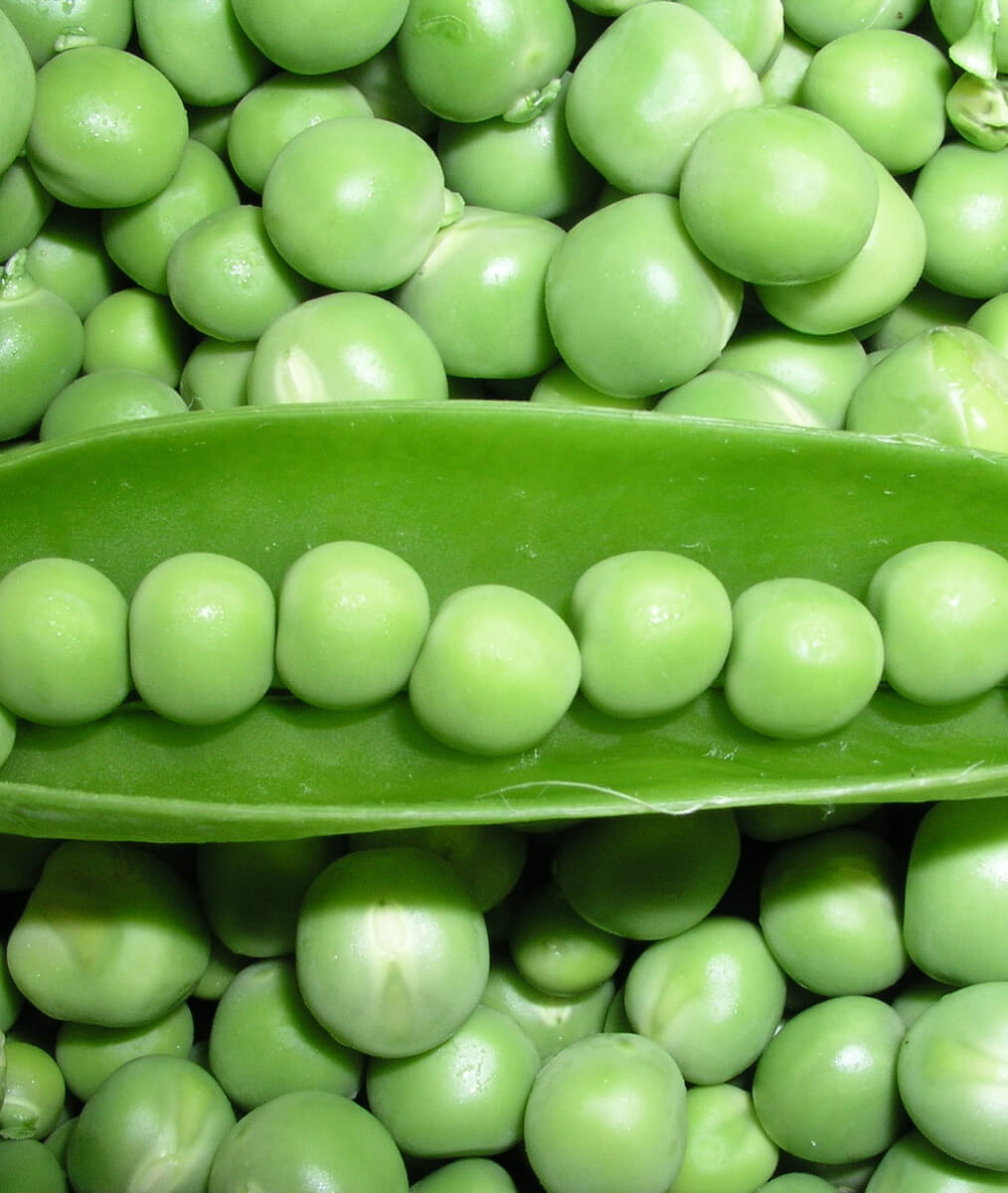Sustainable Food production
At Danish Technological Institute, we assist companies in documenting and improving, for example, the climate footprint of food production, and provide guidance on the regulations for using this documentation in marketing.
"Sustainable" is often a misunderstood term. For some, it's unclear what it encompasses, and for many, it's nearly synonymous with greenwashing. Using terms like "sustainable" about food products without valid data behind them often leads to distrust from consumers and a negative change in behavior.
At Danish Technological Institute, we calculate everything from environmental, social, and economic impacts. For example, we can calculate how your food affects the climate. With a lifecycle approach to food production, we can identify peak loads in production and determine the impact on the overall climate accounts of switching energy sources and ingredients and utilizing by-products.
The same tool can be useful for calculating social and economic impacts or when customers demand the climate footprint of your products and you need to commit to the Science-Based Target Initiative (SBTi).
Whether it's startups looking to document a lower carbon footprint for their product, medium-sized companies aiming to enhance their competitiveness by reducing their social, economic, and environmental impacts, or large corporations seeking an account for Science-Based Targets, we offer our knowledge and expertise to quantify, document, and reduce burdens across the entire value chain.Asger Munch Smidt-Jensen, LCA specialist at Danish Technological Institute
 Life Cycle Analysis
Life Cycle Analysis
At Danish Technological Institute, we utilize the LCA (Life Cycle Assessment) tool to measure relative sustainability, as it accounts for all three dimensions: environmental, social, and economic impact. Through mathematical modeling, we calculate inputs and outputs from the entire process surrounding a food product—from field to supermarket.
 Consultation on a more sustainable food production
Consultation on a more sustainable food production
The increased focus on environmental and climate-related burdens has led to a significant emphasis on optimizing entire production lines. Get assistance in identifying which measures can lead to potential environmental, economic, or social gains by comparing optimization proposals with investment levels.
 Third-party validation of data
Third-party validation of data